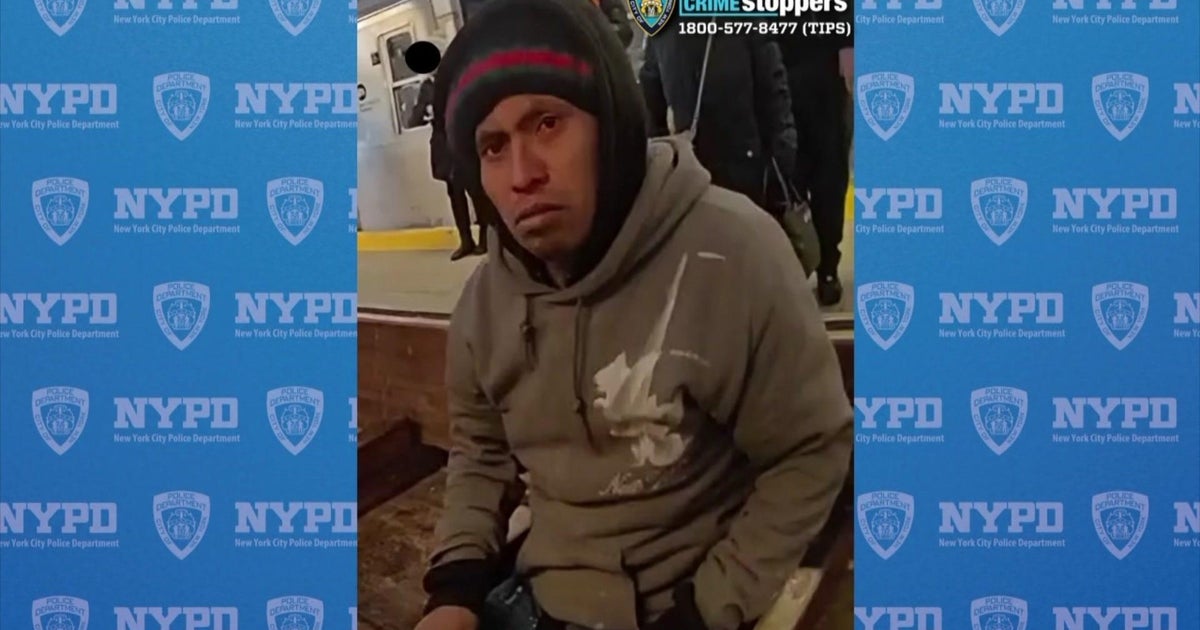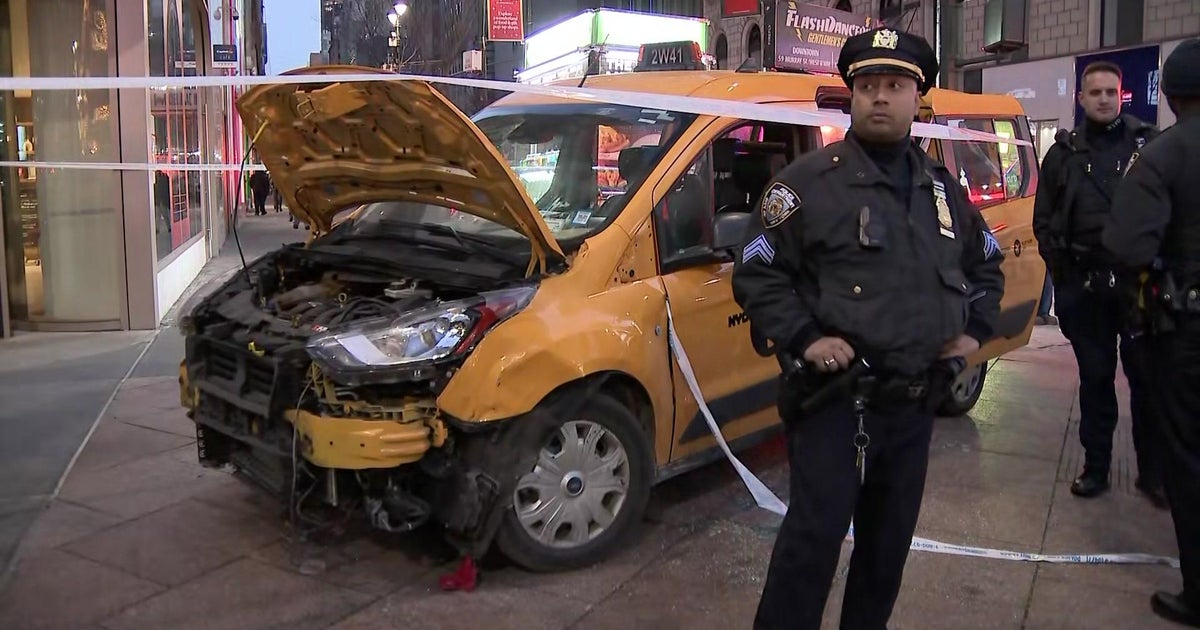Jewish groups seek out active attack training for teenagers, how to handle potential threats
SUFFERN, N.Y. -- After the hostage situation last month at a Texas synagogue, some Jewish communities in the Tri-State Area are seeking out active attack training.
CBS2's Ali Bauman recently witnessed a training exercise in a controlled environment inside the Chabad Jewish Center of Suffern in Rockland County.
"We're getting a lot more requests to do these classes with different places of worship and schools," said Officer Daniel Lynch of the Ramapo Police Department.
Ramapo police run drills for free to teach teenagers how to run, hide or fight against a potential threat.
The rounds were blank, but the practice was meant to feel as realistic as possible.
"Because the stress that your body will be going through, you're not going to have the ability to think logically and, you know, have those fine motor skills," Officer Robert Navarro said.
"You're not gonna stay calm and cool during an active attack, so thinking about that and preparing is something that is going to help them make better decisions and act quicker," Lynch added.
Rabbi Shmuel Gancz, the Chabad's director, requested the lesson for his students after last month's attack on a Texas synagogue, when a gunmen held congregants hostage for more than 10 hours.
The rabbi there credited his survival and the hostages' to similar defense training they received.
"We have to do more to protect ourselves, protect the community," Gancz said.
And the community has already seen the threat close to home. In neighboring Monsey in 2019, five people were injured and a rabbi died after a man with a machete broke into their Chanukah celebration.
"We've definitely seen people who have taken these type of classes and been able to apply these skills in a real event," Ramapo Police Surgeon Dr. Jeff Rabrich said.
Students in Suffern also learned how to prevent someone from bleeding out, using makeshift gauze and tourniquets.
"It's not just here's how to prevent yourself from getting hurt. It's also here's what happens if someone does get hurt," Bauman said.
Absolutely," Rabrich said. "How they can help save a life by stopping bleeding before help arrives."
Gail Gluck said the practice was much more intense than lockdown drills at her school.
"I was like, 'Oh, I'm not gonna get anxious,' but as soon as I heard the fake gunshot go off I was very like, 'Oh, I need to save myself. I need to protect myself,'" the 14-year-old said.
Gluck and James Hyman said they felt the lessons will stick with them.
"We made some mistakes," said Hyman, also 14. "I was going to barricade the door, then I saw no one else was helping and everyone ran to the other side of the room. So I went over there and they showed us how peer pressure can affect what you do, like how I stopped barricading the door and ran over instead of finishing to barricade the door."
Rabbi Gancz told Bauman he could see the color drain from the children's faces as deafening rounds persisted.
"I'm thinking is this kid going home with anxiety?" Gancz said.
But, ultimately, the rabbi said he wants to prepare this generation for a changing world.
"What do say to a child who does go home after this and may worry this will happen?" Bauman asked.
"We need to do both -- education and also soothe and calm and protect our children," Gancz said. "And as a faithful man of God, we know that God is standing right there behind us."





